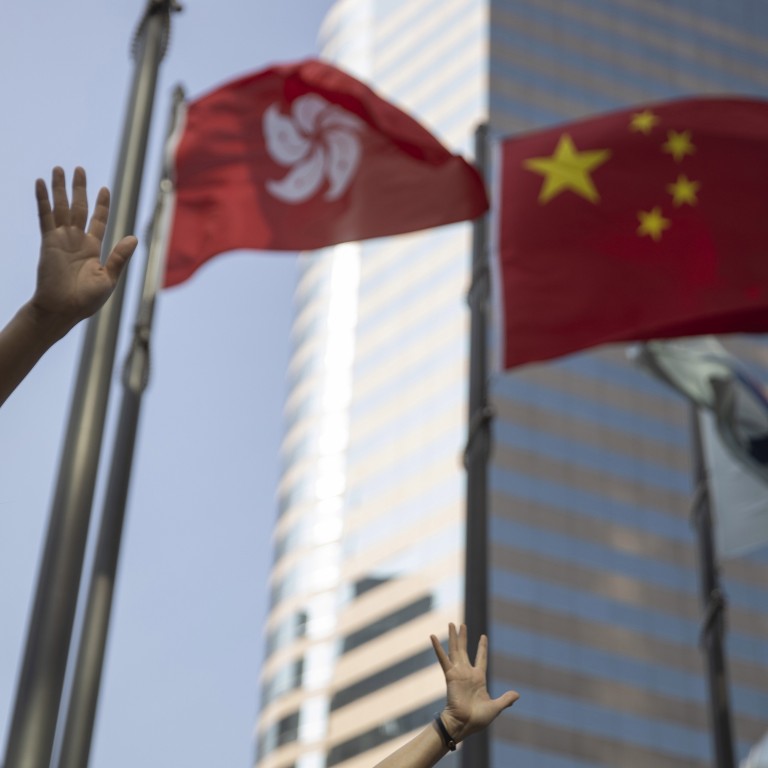Advertisement
Advertisement

Letters | The Taiwan factor in Hong Kong’s future under China’s ‘two systems’
- Since 2003, Beijing has sought to increase control over the city. The difference in how ‘one country, two systems’ has been implemented in Hong Kong and Macau indicates how Beijing’s desire to bring Taiwan back into the fold may not work in Hong Kong’s favour
As the world watched the protests in Hong Kong in 2019, Western governments expressed concern over the implementation of the “one country, two systems” framework, which China promised would continue for 50 years after the handover.
The development of the framework has been shaped both by events in the city and mainland Chinese policies. In the first stage, Hong Kong had a high degree of autonomy, which sought to reassure the anxious people who remained in the city after 1997.
The turning point came in 2003, not only with the severe acute respiratory syndrome outbreak but also the government’s controversial and eventually aborted attempt to pass the national security law, which brought 500,000 people onto the streets.
Since then, “one country, two systems” has been implemented under Beijing’s heightened supervision. The requirement that China’s approval was needed for the initiation of political reform is an example of this.
The third stage began in 2012, when the central government asserted greater authority over Hong Kong’s affairs through, for example, attempts by Chinese and Hong Kong authorities to bolster the city’s national education and to urge judges to be patriots.
“One country, two systems” is now entering its fourth stage, with safeguarding national security entrusted to the Hong Kong government as an “urgent task”. This is evident in the government’s unfailing support for the police, despite complaints over the use of excessive force against protesters, heightened scrutiny of school materials which discuss political affairs and investigation of civil servants or teachers who make political remarks on social media.
While these policies are ostensibly aimed at restoring peace to Hong Kong, they do not strike a sympathetic chord with the people: as the sweeping opposition victories in the recent district council election showed.
Survey of Hong Kong protesters says 80 per cent back ‘one country, two systems’
Survey of Hong Kong protesters says 80 per cent back ‘one country, two systems’
What is the outlook for the new stage of the “one country, two systems”? Some suggest that, because China hopes to use Hong Kong to lure Taiwan into a similar model, the deadlock in cross-strait relations might check the erosion of “one country, two systems” in Hong Kong. This might be too optimistic.
As a comparison between Macau and Hong Kong shows, implementation of “one country, two systems” can vary significantly according to different social contexts. Hong Kong was given greater autonomy to maintain its operations as an international financial centre and yield economic benefits for China. When Chinese officials compare the different ways in which Macau and Hong Kong implemented “two systems”, they highlight the large political space Hongkongers currently enjoy compared to their Macau counterparts. By the same logic, if the central government puts more restrictions on Hong Kong’s economy, it can then offer Taiwan a seemingly more autonomous and liberal deal that may be more acceptable to the island.
Jeremy Lam, Tai Po

Post
